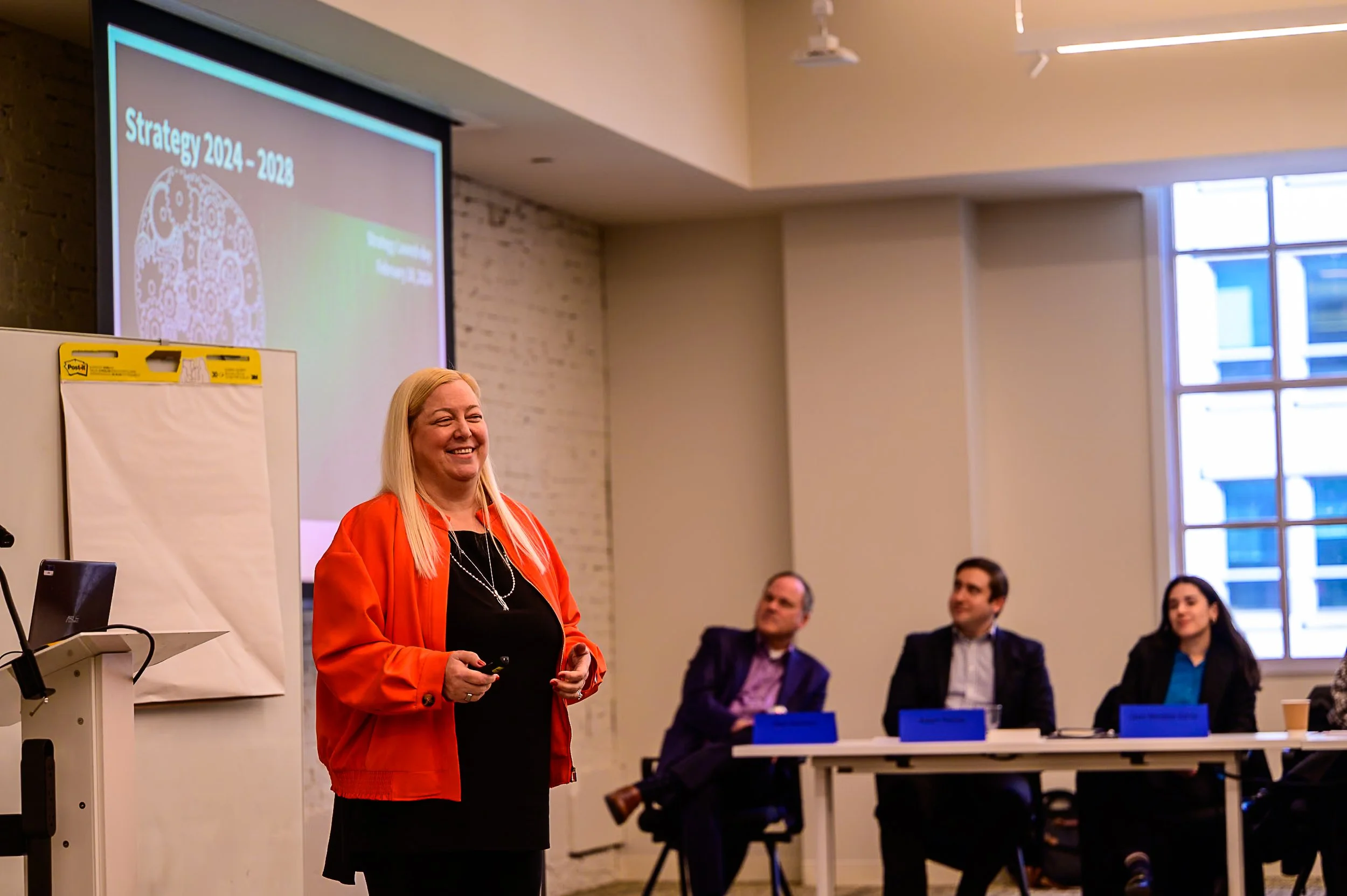Insourcing Impact on Small Business
Insourcing Impact on Small Business
Should small business be exempt from in-sourcing because they are ‘critical’ to the economy?
On March 31, 2010, the Office of Federal Procurement Policy (OFPP) issued a proposed policy letter providing Executive Departments and agencies with guidance on when Federal Government employees (rather than contractors) should perform work. In-sourcing is the term commonly used to refer to this practice of reserving work for Federal Government employees.
OFPP’s proposed policy letter adopted the generally held belief that the Government should in-source inherently governmental functions and critical functions. OFPP defines inherently governmental functions as functions so intimately related to the public interest, they require Federal Government employee performance. Critical functions are those functions whose importance to the agency’s mission and operation requires that it must reserve at least a portion of the functions to Federal employees to ensure the agency has sufficient internal capability to perform and maintain control of its mission and operations.
In-sourcing affects almost all Government contractors, regardless of size. However, in June 2010 the Small Business Administration (SBA) provided the small business perspective in its response to the OFP. The SBA raised the concern that large businesses may reduce the number of small business subcontracts. It re-iterated the importance of upholding the 23% small business contracting goal to protect small business subcontracts. The SBA also emphasized the key economic role small businesses play as job providers, seemingly taking the concept of “critical function” one step further. Small businesses represent 99.7 of employer firms and they generate 60 to 80 percent of net new jobs annually. The SBA’s letter recommended “OFPP’s final policy letter should encourage agencies when reviewing prime contracts for small businesses, to give full consideration to the critical economic role played by small businesses in this nation’s economy.”
Interesting choice of words. OFPP has made no response.
Can small businesses be considered critical in a way that exempts them from in-sourcing due to the potential economic impact of a reduction in their contracts and subcontracts? Such impact includes loss of jobs and continuing low employment levels. In the current economic environment, consideration of the potential economic impact of a decrease in small business prime- and sub- contracts is appropriate as part of a larger analysis. This is particularly true as budget cuts threaten many small government contractors’ services – both professional and technical. Recently, the Department of Defense and Department of Homeland Security representatives voiced concern that in-sourcing without appropriate analysis is not only too risky, it does not obtain the desired results. Rather, the Departments’ representatives and other experts in the industry are pushing for in-sourcing only when done strategically, in the best interests of the government mission, and with the American taxpayer in mind. Policies related to in-sourcing should require full analysis, documentation, and justification. A critical component of each such analysis is the economic impact of losing small business contracts and subcontracts, including a review of the cumulative loss of multiple contracts.
Protecting small business contracts promotes existing policies supporting small businesses and advances the underlying goals of job growth and economic stability.





















